
Sure, we all know that we need to keep our smoke detectors in working order, and most of us would quickly deal with a problem like black mold growing on the wall. But what about the dangerous items in your home that you haven’t thought about? We’ve got a list of some of the most overlooked household hazards you should be aware of.
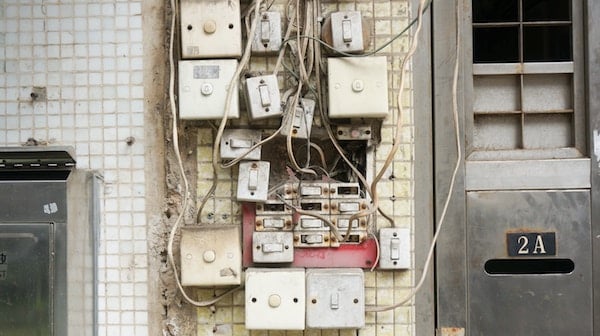
1 – Overloaded Circuits
We’re so accustomed to turning our light switches and appliances on and off whenever we need them that sometimes we forget to respect the power of the electric currents that make such convenience possible. Overloaded surge protector power strips, extension cords, self-wired circuits, and poorly done diy electrical repairs are just some of the homeowner caused electrical hazards that may be lurking in your home. So before you plug in a power strip so you can run five items off one wall outlet, stop and think about the possible safety implications of your decision.
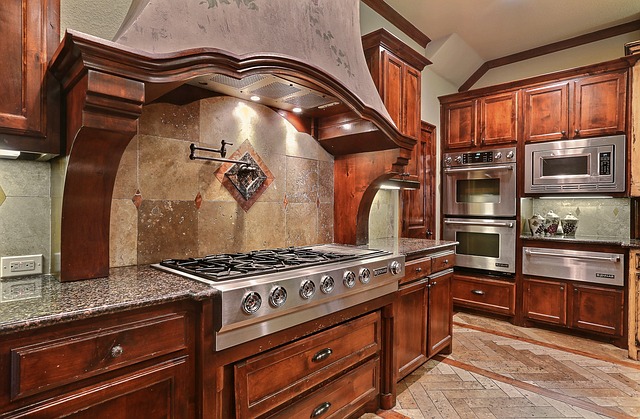
2 – Grease on Stove Hood/Vent
Sometimes you’re so busy looking down at the pots and pans you’re using on your range or stovetop that you forget to glance up at the underside of the hood above your stove. Grease can accumulate quickly there and it takes just one flame or spark from a dish to cause a real problem. Any chef will tell you that grease fires are nothing to joke about. Be sure to follow manufacturer instructions and clean the vent and the area under your range hood regularly to cut down on this hazard!
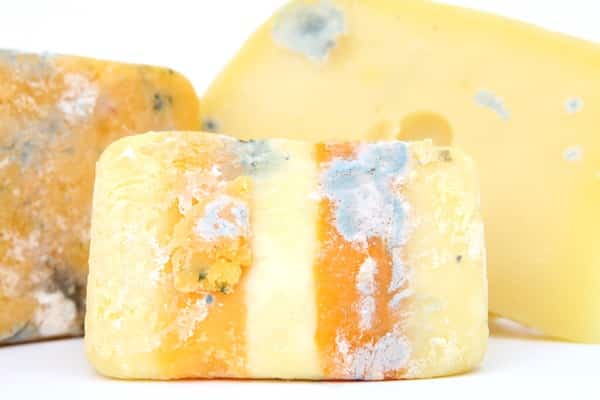
3 – Not Cooling Food Before Placing it in the Fridge
This is a big hazard. Wonder why your mayonnaise smelled off just a few days after you opened it? Surprised that your eggs only last a few days after purchase? Your problem may actually be the way you store leftover hot food. If you’re throwing a plastic container full of tonight’s straight from the stovetop and wedging in beside your cheese and eggs, you’re creating a very big food safety problem in your fridge. The heat from the hot food can heat up everything around it, seriously decreasing the lifespan of the perishables you keep in the fridge. Try cooling off your leftovers before you place them in their storage container by spreading them out in a large, shallow pain on your countertop for 10-20 minutes, stirring from time to time to speed up the cooling process. When the food has cooled to room temperature, then place it in a storage container and pop it in the fridge, but make sure it’s not touching any easily spoiled foods, even at room temperature.
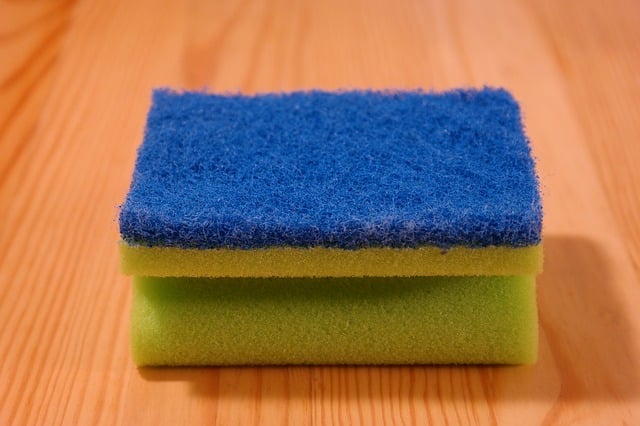
4 – Kitchen Sponge
We think of our kitchen sponges as clean items because we use them to clean things, but the truth is that they can be incredibly nasty little germ factories. When you use your kitchen sponge on your counters, dishes, appliances, and sink, you could be spreading bacteria like e.coli or salmonella all over your kitchen because you used that sponge to “clean” up after you were cooking.
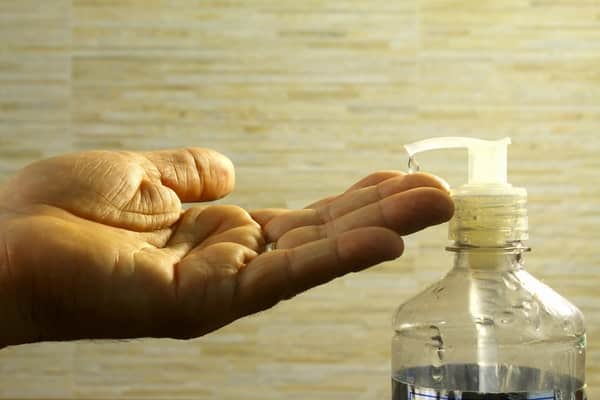
5 – Antibacterial Soap
This one may be counter-intuitive, but antibacterial soap can actually be a hazard. The are two main problems with the proliferation of antibacterial soap. The first is that the ingredient triclosan has been found by the FDA to affect hormone regulation in animals. Secondly, antibacterial soap kills bacteria indiscriminately, that means it kills both good and bad bacteria, and it is a suspect in the growing number of antibiotic resistant superbugs.
- 20shares
- Facebook17
- Twitter1
- Pinterest2
